In an era marked by the urgent need for sustainable energy solutions, lithium iron phosphate (LiFePO4) batteries have emerged as a promising technology that is revolutionizing the energy storage landscape. With their exceptional safety, long lifespan, high energy density, and environmental friendliness, LiFePO4 batteries are increasingly gaining attention as a viable alternative to traditional lithium-ion batteries. In this article, we delve into the world of lithium iron phosphate batteries, exploring their composition, advantages, applications, and the potential impact they can have on shaping a sustainable future.
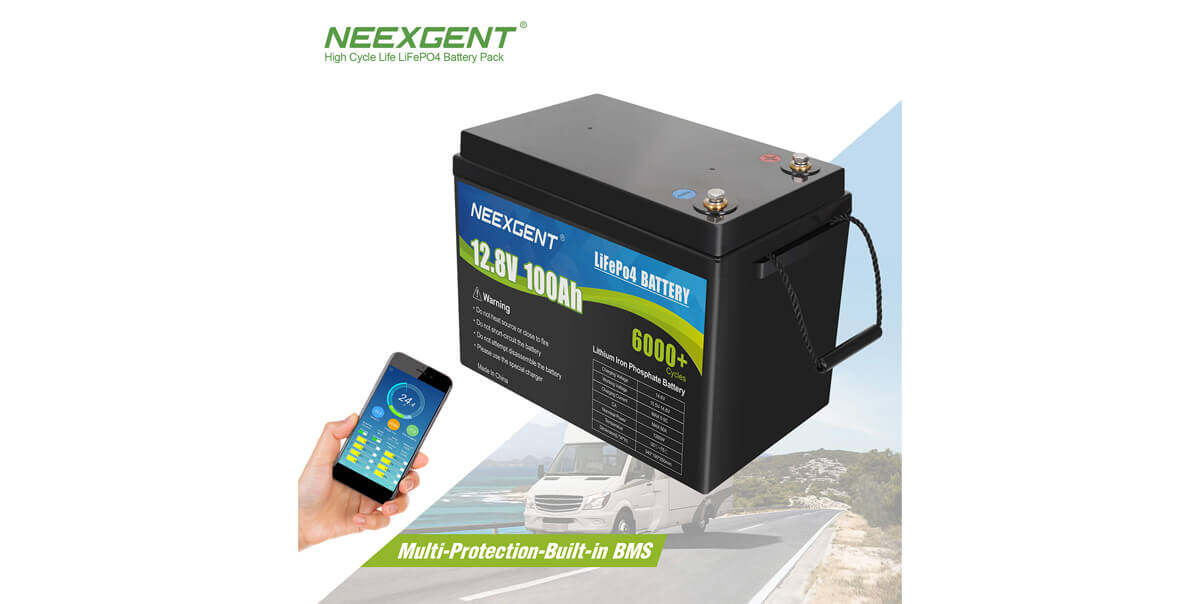
1. Composition and Structure:
Lithium iron phosphate batteries are a type of rechargeable lithium-ion battery that employs LiFePO4 as the cathode material. The cathode is the positive electrode of the battery and plays a crucial role in its performance. LiFePO4, a compound composed of lithium, iron, phosphorus, and oxygen atoms, is known for its stability and safety characteristics.
Unlike other lithium-ion batteries, which utilize cobalt-based cathodes, LiFePO4 batteries offer several distinct advantages. The iron-phosphate bond in LiFePO4 is more robust than the cobalt-oxygen bond found in traditional lithium-ion batteries. This results in improved thermal stability and resistance to thermal runaway, reducing the risk of overheating or combustion. Additionally, LiFePO4 batteries are less prone to degradation, maintaining their capacity and performance over a longer lifespan.
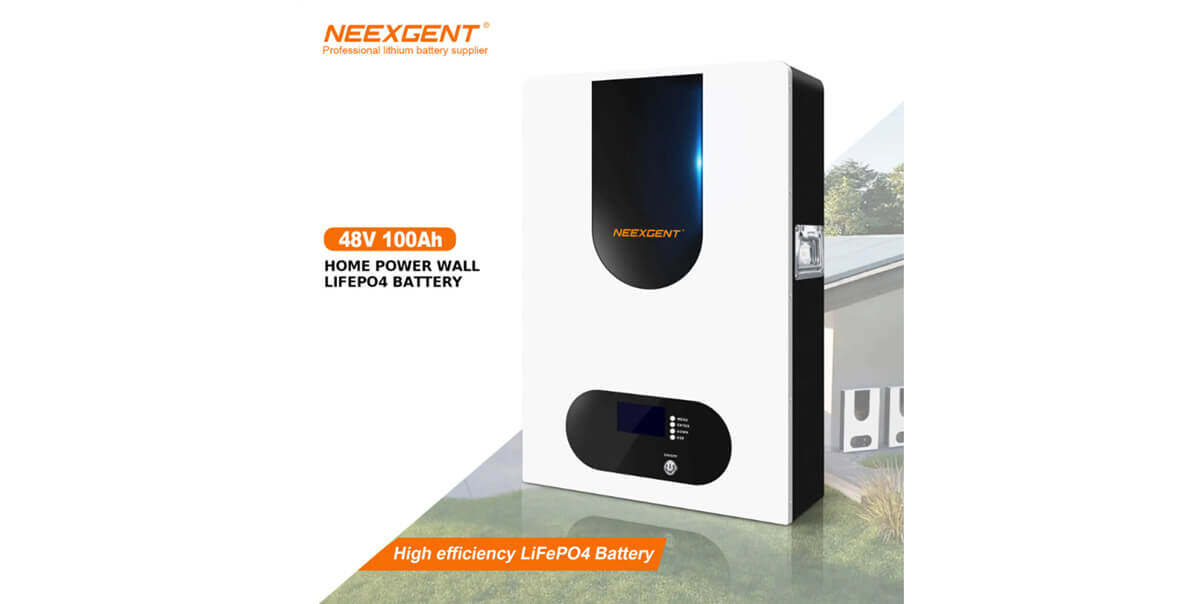
2. Advantages of Lithium Iron Phosphate Batteries:
- Enhanced Safety: Safety is a paramount concern in energy storage systems. LiFePO4 batteries are renowned for their inherent safety features, making them less susceptible to thermal runaway and minimizing the risk of fire or explosion. This characteristic is particularly important in applications such as electric vehicles and renewable energy systems, where safety is of utmost importance.
- Long Cycle Life: LiFePO4 batteries offer an impressive cycle life, capable of enduring thousands of charge-discharge cycles without significant degradation. This longevity makes them highly durable and cost-effective over the long term, as they require fewer replacements compared to other battery technologies.
- High Energy Density: Energy density refers to the amount of energy stored in a given volume or weight of the battery. While LiFePO4 batteries may have a slightly lower energy density compared to some other lithium-ion batteries, they compensate for this by delivering consistent power output over the duration of their discharge. This characteristic makes them ideal for applications that require a steady power supply, such as electric vehicles and renewable energy storage.
- Environmental Friendliness: LiFePO4 batteries are environmentally friendly compared to other lithium-ion batteries due to the absence of toxic materials, such as cobalt and nickel. The elements used in LiFePO4 batteries are abundantly available and pose no significant harm to the environment. Additionally, their long lifespan and recyclability contribute to a more sustainable energy ecosystem.
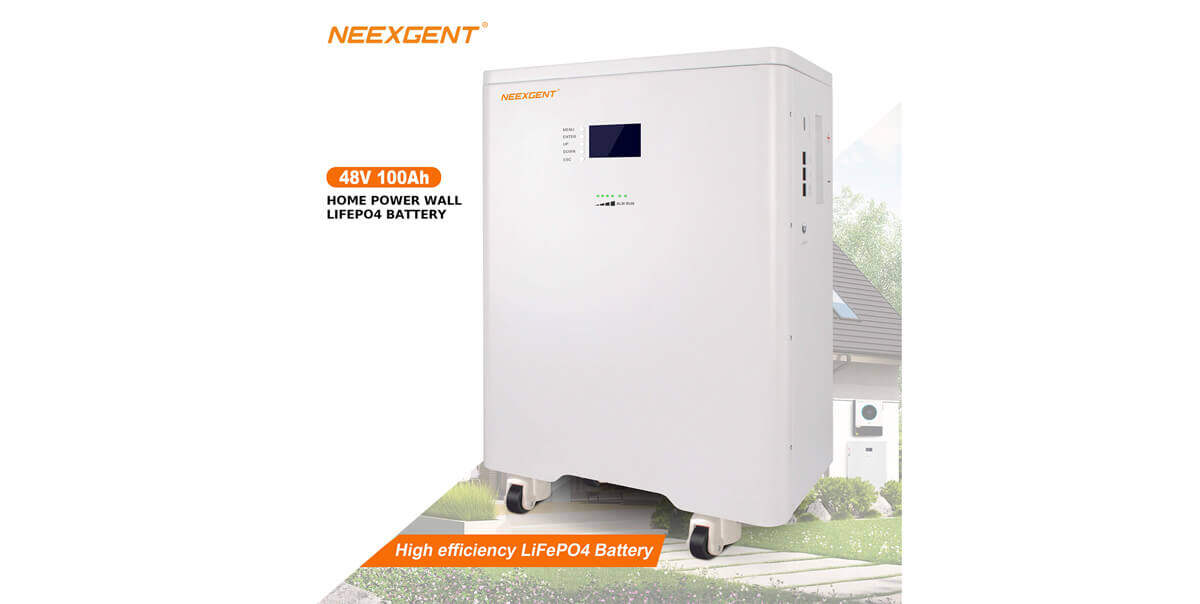
3. Applications and Future Prospects:
The versatility and numerous advantages of LiFePO4 batteries make them suitable for a wide range of applications. Here are some areas where these batteries are making a significant impact:
- Electric Vehicles (EVs): LiFePO4 batteries are increasingly being adopted in electric vehicles due to their safety, long cycle life, and high power output. These batteries enable EVs to travel longer distances on a single charge and provide a more reliable and stable power supply.
- Renewable Energy Storage: The intermittent nature of renewable energy sources necessitates efficient energy storage solutions. LiFePO4 batteries are well-suited for storing excess energy generated from renewable sources such as solar and wind. They facilitate a smoother integration of renewable energy into the grid and help stabilize power supply during peak demand periods.
- Portable Electronics: LiFePO4 batteries are also used in various portable electronics such as laptops, smartphones, tablets, and power banks. Their high safety standards and long cycle life make them an excellent choice for powering these devices, ensuring reliable and durable performance.
- Energy Backup Systems: LiFePO4 batteries are employed in off-grid and backup power systems. They provide a reliable source of energy during power outages or in remote locations where access to the grid is limited. These batteries can store a significant amount of energy, allowing for extended backup power durations.
Looking ahead, the future prospects for LiFePO4 batteries are promising. Ongoing research and development efforts are focused on further improving their energy density and reducing production costs. As these advancements continue, LiFePO4 batteries are expected to become even more competitive with other lithium-ion battery technologies, making them an increasingly attractive option across various industries.
The environmental benefits of LiFePO4 batteries align with the global shift towards sustainability and the reduction of greenhouse gas emissions. As governments and organizations prioritize clean energy solutions, the demand for LiFePO4 batteries is likely to grow significantly.
Lithium iron phosphate batteries, with their exceptional safety, long cycle life, high power output, and environmental friendliness, are emerging as a key player in the energy storage sector. Their advantages over traditional lithium-ion batteries make them an attractive choice for electric vehicles, renewable energy storage, portable electronics, and backup power systems. As technology continues to advance, LiFePO4 batteries have the potential to shape a more sustainable future, enabling the widespread adoption of clean energy solutions and contributing to a greener planet.
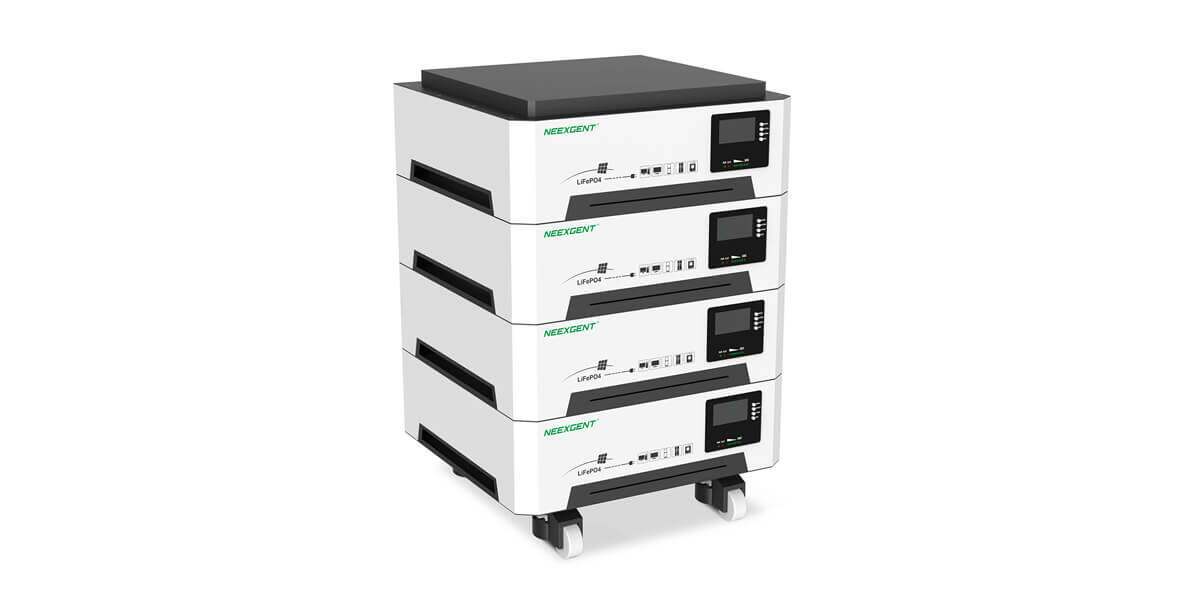
Their current applications, ongoing research and development in the field of lithium iron phosphate batteries are opening up new possibilities and expanding their potential uses. Some of the areas that are being explored include:
- Grid-Scale Energy Storage: As renewable energy sources continue to gain traction, there is a growing need for large-scale energy storage systems. Lithium iron phosphate batteries are being considered for grid-scale applications due to their long lifespan, high power output, and safety features. These batteries can help balance the intermittent nature of renewable energy generation and ensure a stable power supply to the grid.
- Aerospace and Aviation: The aviation industry is actively seeking ways to reduce its carbon footprint. Lithium iron phosphate batteries offer a compelling solution for electric aircraft due to their safety, energy density, and long cycle life. The development of LiFePO4 batteries for aerospace applications could revolutionize air travel, making it more environmentally friendly and sustainable.
- Marine and Offshore Applications: The maritime industry is also looking to transition towards cleaner energy sources. Lithium iron phosphate batteries can power electric boats and ships, reducing emissions and dependence on fossil fuels. Additionally, these batteries are suitable for offshore applications such as energy storage platforms and underwater exploration equipment.
- Industrial and Energy Grid Applications: The industrial sector requires robust energy storage solutions to optimize power usage and ensure uninterrupted operations. Lithium iron phosphate batteries can be integrated into industrial systems, enabling peak shaving, load leveling, and backup power supply. Furthermore, they can support smart grids by providing efficient energy management and grid stabilization.
- Medical and Healthcare Devices: Lithium iron phosphate batteries are ideal for medical and healthcare devices due to their safety, stability, and long lifespan. These batteries can power portable medical equipment, patient monitoring devices, and even implantable medical devices, enhancing patient care and mobility.
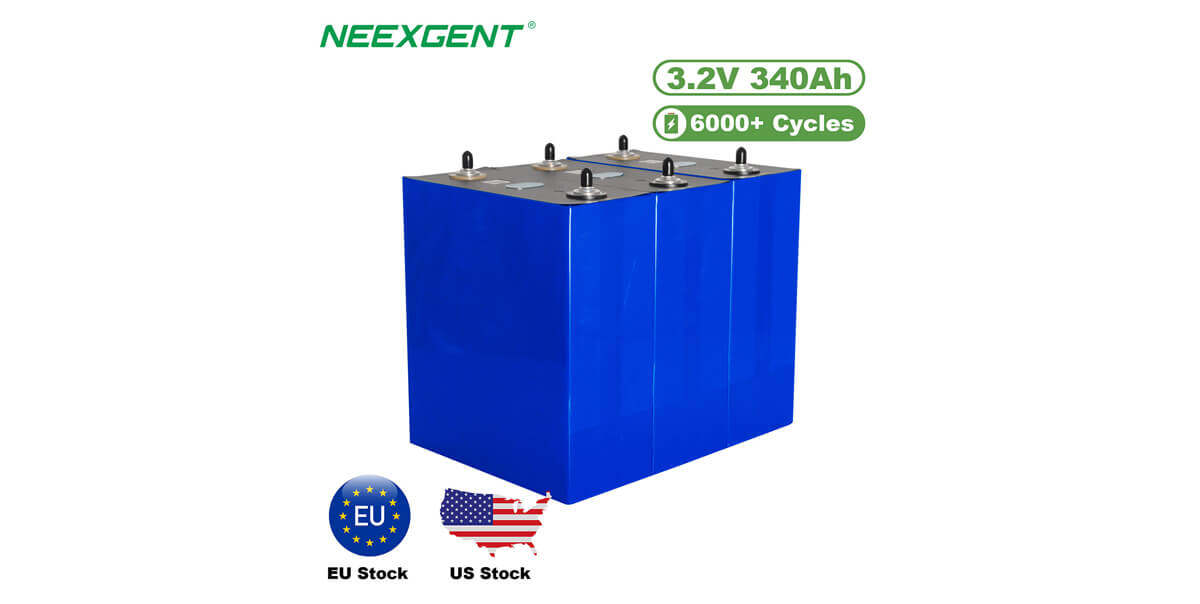
It is worth noting that while lithium iron phosphate batteries offer significant advantages, they are not without limitations. As mentioned earlier, their energy density is slightly lower compared to some other lithium-ion technologies, which may limit their use in applications that require compact size and high energy storage. However, ongoing research aims to address this limitation by exploring various methods such as nanostructuring and hybridization with other materials.
Lithium iron phosphate batteries have already proven themselves as a reliable and sustainable energy storage solution across multiple sectors. As research and development continue, their applications are expanding, promising a future where LiFePO4 batteries play a crucial role in achieving a greener, cleaner, and more sustainable world. With their inherent safety, long cycle life, and environmental friendliness, lithium iron phosphate batteries are poised to shape the future of energy storage and contribute to a more sustainable and resilient energy infrastructure.










